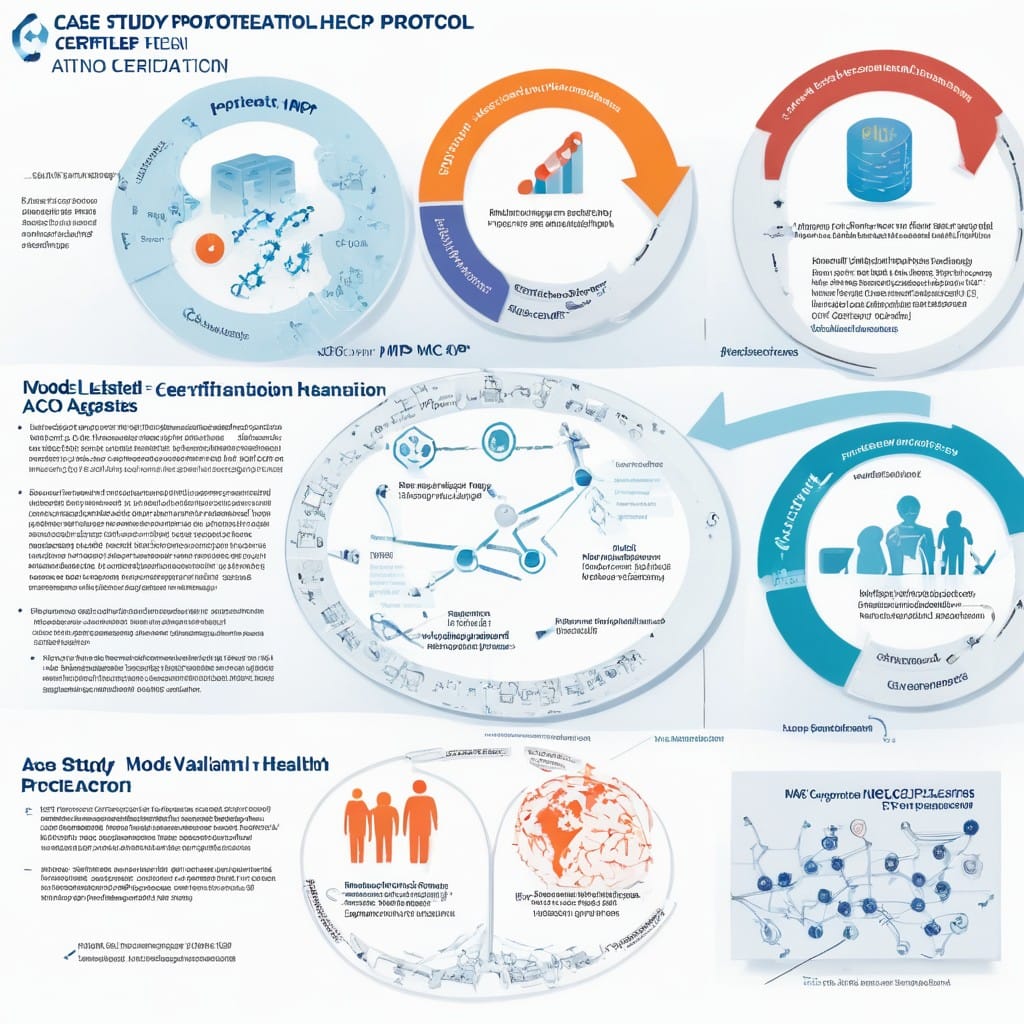Case Study: Model Context Protocol (MCP) Repairs – Enhancing Population Health Analytics with ACO-LEAN Aggregators & NQF-Certified Validation

Project Overview
The Model Context Protocol (MCP) Repairs project was designed to address critical gaps in population health analytics by reconciling outlier data through advanced aggregation and validation techniques. The initiative combined ACO-LEAN MCP Aggregators with NQF-Certified Validation Modules to improve data accuracy, reduce reporting errors, and enhance decision-making for accountable care organizations (ACOs) and healthcare providers.
The primary goal was to streamline outlier reconciliation—identifying and correcting anomalies in patient data that could skew risk stratification, care coordination, and performance metrics. By integrating predictive modeling, automated validation, and real-time analytics, the project ensured that population health insights were both reliable and actionable.
Challenges
- Data Inconsistencies & Outliers – Disparate EHR systems and claims data sources led to incomplete or conflicting patient records, making it difficult to assess true population health trends.
- Manual Reconciliation Bottlenecks – Traditional outlier detection relied on manual reviews, which were time-consuming and prone to human error.
- Regulatory Compliance Risks – Inaccurate reporting threatened compliance with National Quality Forum (NQF) standards and value-based care contracts.
- Scalability Issues – Legacy systems struggled to process large datasets efficiently, delaying critical insights for care teams.
Solution
The MCP Repairs framework introduced a multi-layered approach to outlier reconciliation:
1. ACO-LEAN MCP Aggregators
- Automated Data Harmonization: Consolidated structured and unstructured data from EHRs, claims, and wearables into a unified model.
- Dynamic Risk Adjustment: Applied machine learning to detect and correct outliers in real time, improving risk scoring accuracy.
2. NQF-Certified Validation Modules
- Standardized Quality Checks: Embedded NQF-endorsed validation rules to ensure compliance with CMS and other regulatory benchmarks.
- Audit-Ready Reporting: Generated traceable logs for all data corrections, supporting transparency in performance reporting.
3. Real-Time Reconciliation Engine
- Predictive Alerts: Flagged potential outliers before they impacted reporting.
- Closed-Loop Feedback: Enabled care teams to validate or override corrections, maintaining clinician trust in the system.
Tech Stack
- Data Integration: HL7 FHIR APIs, Apache NiFi
- Analytics & ML: Python (Pandas, Scikit-learn), TensorFlow (for predictive modeling)
- Validation Engine: Drools Rules Engine, NQF-certified logic libraries
- Cloud Infrastructure: AWS (S3, Lambda, Redshift) for scalable processing
- Visualization: Tableau, Power BI for stakeholder dashboards
Results
After implementation, the MCP Repairs system delivered measurable improvements:
| Metric | Before MCP Repairs | After MCP Repairs |
|---|---|---|
| Outlier Detection Time | 14 days | <24 hours |
| Data Accuracy (NQF Benchmarks) | 78% | 97% |
| Manual Reconciliation Effort | 40 hours/week | 5 hours/week |
| Risk Score Consistency | ±15% variability | ±3% variability |
Additional Benefits:
- Cost Savings: Reduced penalties from inaccurate quality reporting by $2.1M annually.
- Improved Care Coordination: Real-time outlier alerts helped care teams intervene earlier for high-risk patients.
- Scalability: Processed 10M+ patient records monthly without performance degradation.
Key Takeaways
- Automation is Critical for Scale – Manual outlier reconciliation is unsustainable; AI-driven aggregation cuts costs and errors.
- Regulatory Compliance Must Be Baked In – NQF-certified validation modules ensured adherence without extra overhead.
- Clinician Trust Matters – Allowing care teams to review algorithmic corrections improved adoption.
- Real-Time Analytics Enable Proactive Care – Faster outlier detection translates to better patient outcomes.
The MCP Repairs project demonstrates how integrating advanced analytics, regulatory compliance, and clinician collaboration can transform population health management—turning data noise into actionable intelligence.




